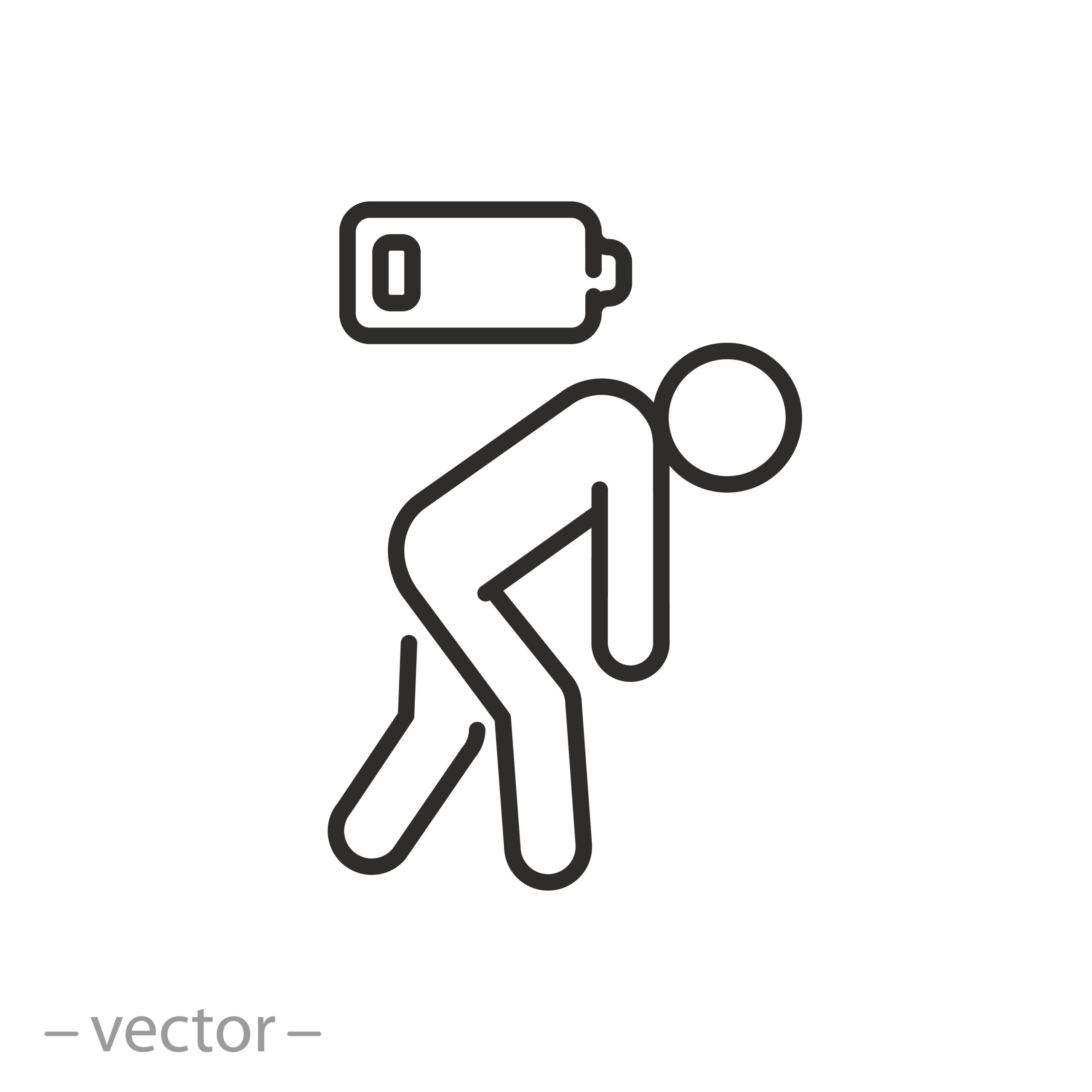The authors are Glenn Wylie, DPhil, Amanda Pra Sisto, Helen M. Genova, Ph.D., and John DeLuca, Ph.D., of Kessler Foundation. All have faculty appointments at Rutgers New Jersey Medical School. Dr. Wylie is also a research scientist at The Department of Veterans’ Affairs War-related Injury and Illness Study Center at the New Jersey Healthcare System.
Their study is the first to report the effects of gender and age on both ‘state’ and ‘trait’ fatigue, and the first to report fatigue-related differences in brain activation across the lifespan and across gender during a cognitively fatiguing task. “State” measure of fatigue assesses a subject’s instantaneous experience of fatigue at the time of testing; “trait” measure of fatigue assesses how much fatigue a subject experienced over a longer period of time, such as the previous four weeks.
Researchers collected data on trait fatigue and state fatigue from 43 healthy men and women aged 20 to 63 years. State fatigue was measured during fMRI scans while participants performed a cognitively challenging task. The study was conducted at the Rocco Ortenzio Neuroimaging Center at Kessler Foundation, a specialized facility dedicated solely to rehabilitation research. They found that older individuals reported less state fatigue.
Dr. Wylie, director of the Ortenzio Center, commented: “Our neuroimaging data show that the role of middle frontal areas of the brain changes with age. Younger individuals may use these areas to combat fatigue, but this is not the case with older individuals. Moreover, these results suggest that women show greater resilience when faced with a fatiguing task.”
“This study is an important first step toward explaining some of the differences reported in the literature of fatigue, by showing that state and trait measures of fatigue measure different aspects of fatigue, and that age and gender both appear to affect the relationship between state fatigue and brain activation,” Dr. Wyle concluded.
Funding: National MS Society (RG 4232A1), New Jersey Commission for Brain Injury Research (10.005.BIR1), Department of Veterans’ Affairs (5I01CX000893), and Kessler Foundation




